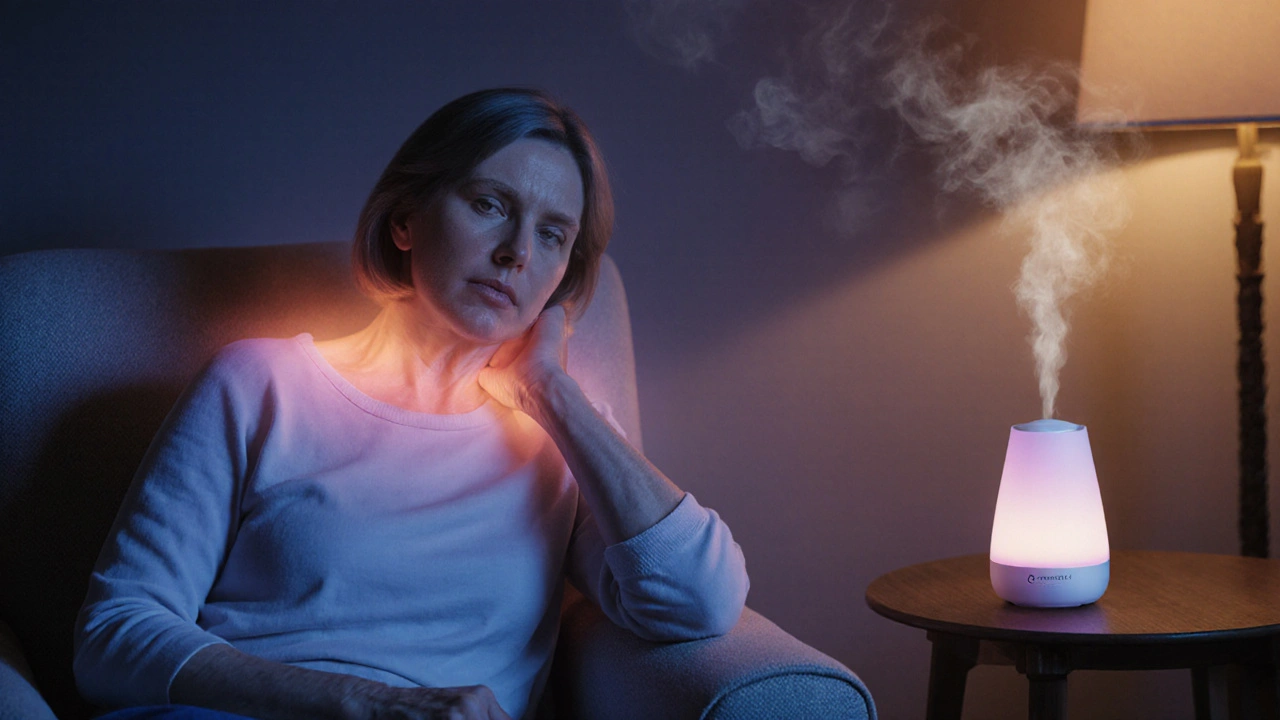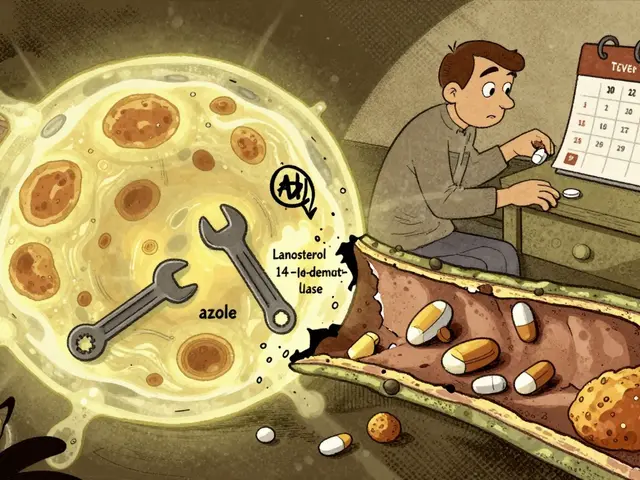Menopause Symptoms: What to Expect and How to Manage Them
When talking about menopause symptoms, the range of physical and emotional changes women typically experience as they transition out of their reproductive years. Also known as peri‑menopausal signs, they can affect daily life, confidence, and overall health. Recognizing the patterns early helps you stay in control.
One of the most common signs is Hot flashes, sudden bursts of heat that cause sweating, flushing, and sometimes night sweats. These spikes often happen at night, disrupting sleep and adding to fatigue. Another frequent complaint is Mood swings, rapid shifts in emotional state that can range from irritability to feeling unexpectedly sad. Mood changes are linked to fluctuating estrogen levels and can affect relationships and work performance.
Other Common Symptoms and Their Connections
Sleep disturbances, difficulty falling asleep, staying asleep, or waking up feeling unrefreshed often follow hot flashes and mood swings, creating a feedback loop that worsens fatigue. When sleep suffers, bone health can take a hit because the body misses out on critical repair time. Hormone Replacement Therapy (HRT), medications that supplement estrogen and sometimes progesterone to balance hormonal shifts can reduce hot flashes, smooth mood swings, and improve sleep quality for many women. However, HRT isn’t a one‑size‑fits‑all solution; it requires a doctor’s guidance to match dosage with personal health history.
Beyond the big three, many women notice vaginal dryness, a thinning of the vaginal lining that leads to discomfort during intimacy. This symptom also ties back to estrogen decline and can be eased with moisturizers or low‑dose hormonal treatments. On the mental side, Cognitive fog, trouble focusing, forgetfulness, and feeling mentally "cloudy" often appears alongside mood swings, making it harder to stay sharp at work or at home.
Understanding how these symptoms interact is key. For example, the semantic triple "Menopause symptoms encompass hot flashes" sets the stage, while "Hormone Replacement Therapy can alleviate mood swings" and "Sleep disturbances often worsen bone health" link treatment, cause, and effect. Recognizing that each symptom may amplify another helps you choose targeted strategies instead of hoping a single remedy will fix everything.
Now that you’ve got a clear picture of the main signs—hot flashes, mood swings, sleep problems, vaginal dryness, and cognitive fog—plus how they interrelate and what therapies exist, you’re ready to dive into practical advice. Below you’ll find a curated list of articles that break down each symptom, share lifestyle tweaks, compare medication options, and offer step‑by‑step guides for making the most of your health journey during menopause.

Menopause and Hormone Therapy: What You Need to Know About Benefits and Risks
Menopause hormone therapy can relieve hot flashes and protect bone health-but only if used correctly. Learn who benefits, who should avoid it, and how to choose the safest option based on current guidelines.
Read More
Essential Oils for Menopause Relief: Aromatherapy Guide
Discover how aromatherapy can ease hot flashes, sleep issues, and mood swings during menopause with safe essential oil blends and practical usage tips.
Read More




